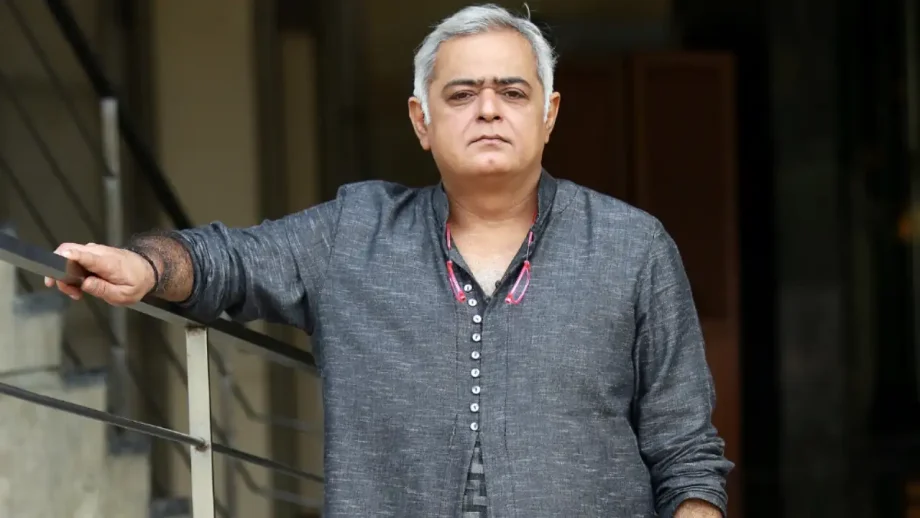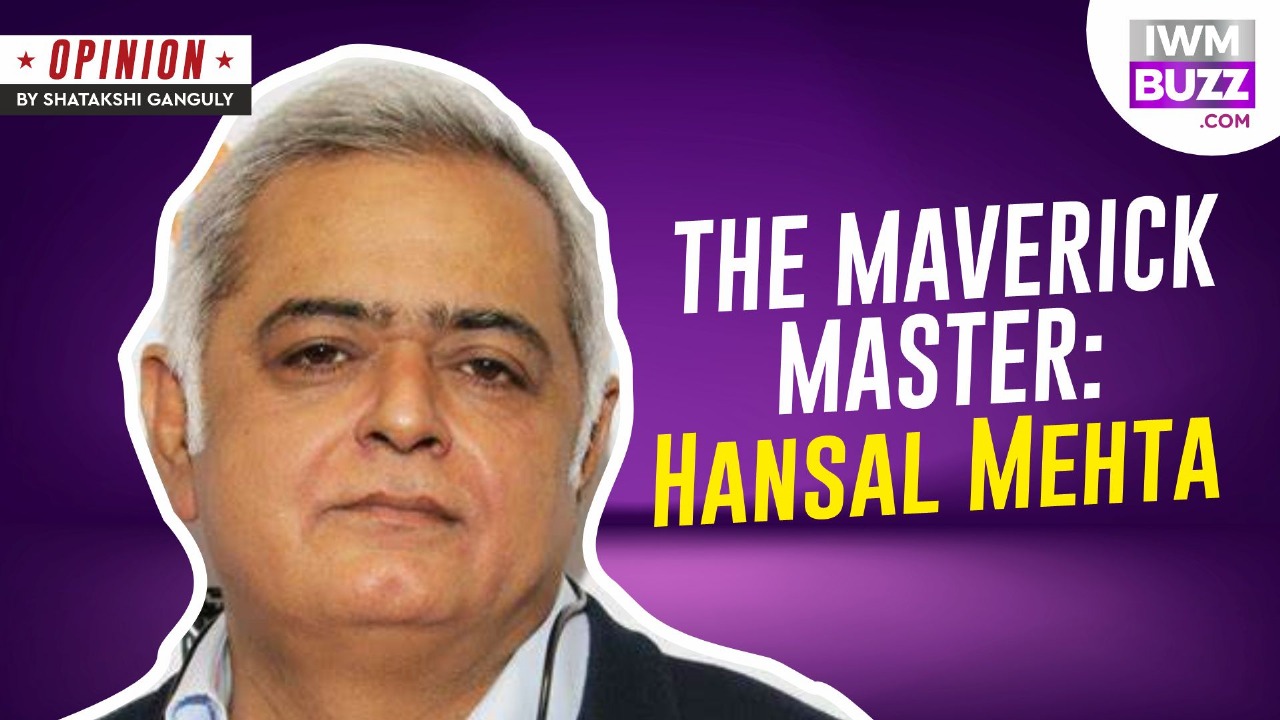In the maze of masala and manicured melodrama, Hansal Mehta’s cinema arrives like a truth you didn’t want to hear—but need to. There is no background score to warn you, no dramatic cut, just stark frames that breathe. Revolution almost speaks as every frame passes by, and you sit there in the end, introspecting, ‘What just happened?’
He is someone who has never shied away from speaking his own mind with a dauntless heart. He finds the silenced, the misjudged, the almost-forgotten—and places them in the centre. He doesn’t add music to the misery; he lets it reverberate within its truth. You don’t see that gaga-over grandiosity in his films. We see real emotions that bleed. And the viewers are left to feel it.
Take CityLights, where Rajkummar Rao’s performance slices through the city’s glittering façade to reveal a migrant’s fractured reality. It’s not the Mumbai you dream of—it’s the one that swallows you whole. No filters, no fantasies—just the cruel poetry of survival. Mehta makes urban despair feel personal, almost intimate.

Then there’s Omerta: A classic showcase of detachment. In tracing the radicalization of Omar Sheikh, Mehta strips away empathy not out of disrespect but precision. There are no explanations, no backstories to soften the blows. It’s an ice-cold look at ideology turned into weaponry. Rajkummar Rao disappears into Omar, and Mehta lets the void fester.
And just when you begin to assume he lives only in the dark alleys of trauma, he drops Simran: A chaotic, unpredictable ride into a woman’s descent into debt and desperation. Kangana Ranaut’s Praful is messy, magnetic, maddening—and thoroughly, achingly human. Mehta doesn’t clean up her chaos; he curates it. Life, as he tells us, is rarely linear. It’s often a loop of choices gone wrong and instincts gone rogue.
In Faraaz, Mehta returns to terror—not with spectacle, but with soul. The film is a quiet powerhouse against the real-life 2016 Dhaka café siege. The terrorists aren’t caricatures; they’re painfully human. And Zahan Kapoor as Faraaz embodies silent strength—a young man standing against hate, armed only with courage and conviction. Mehta doesn’t exploit violence for drama. He resists it. He questions it.
Most recently, The Buckingham Murders takes us into the psychological wreckage of a grieving mother who must investigate a child’s disappearance while mourning her own. Kareena Kapoor Khan delivers a performance drenched in silence and ache, and Mehta, once again, lets the pain breathe. The film is set in the UK and folds into immigrant identity, maternal guilt, and emotional dislocation. This isn’t just a detective drama—it’s a requiem for personal loss.
What had set Hansal Mehta apart was his revolutionary endeavour with ‘Scoop’ (Netflix) and ‘Scam 1992. (SonyLIV)’ Both acquire a similar sharpness in their detailing and gravitate towards the nuances of storytelling rebellion. And it’s to say, there is where OTT shifted our minds—a paradigm alteration to our spiralling perceptions.
And that’s precisely what cinema is for. It holds this haunting impersonation of the very reality around you. It builds you. It makes you think! And whenever you watch Hansal Mehta’s film, you come out with something blazing in your mind.
Giving that a wrap, Hansal Mehta will soon land with his next, ‘Gandhi’, which shall feature Pratik Gandhi, Tom Felton and others. Produced by Applause Entertainment, the drama series pledges to be heart-rending. As portrayed in his earlier craftwork, Gandhi will set the tone, which we can foresee in the blur.
And we are sure as soon as the summon will be here, a question shall persist;
So, will it end with applause? Or will it haunt the conscience? Time will tell.

